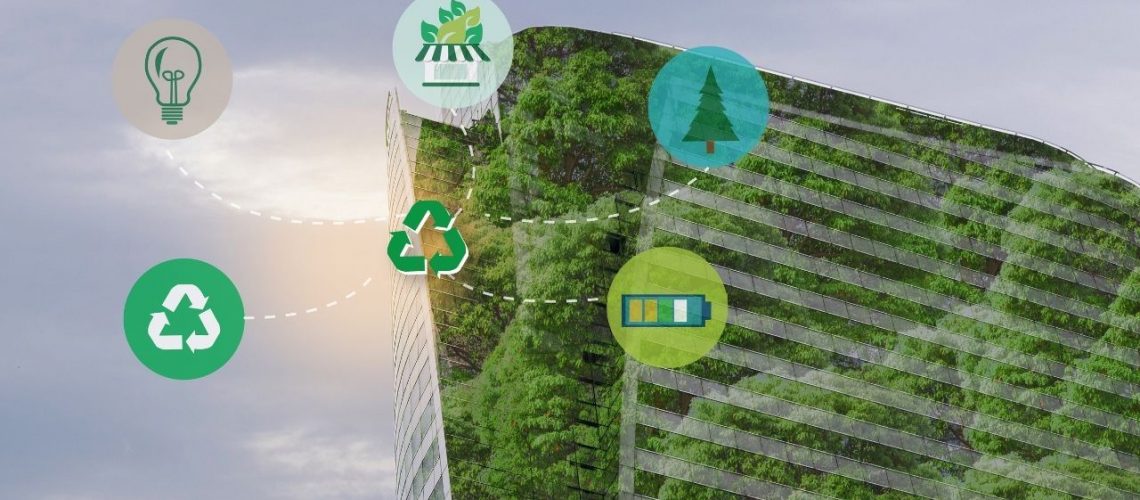A few years ago, when my stepson was 12, we were having dinner and I asked him where the porkchop he was eating came from? He firmly answered, “from the store”. He wasn’t trying to be funny; he was totally genuine in his response. As my husband and I looked at each other in slight disbelief, it occurred to me, that we have lost touch with how things that we consume are produced.
We must think critically about the source of our energy.
As a millennial myself, it occurred to me that if younger generations don’t understand where their food comes from, surely this extends to other things that we consume every day, like energy. For a lot of us, this everyday energy comes in the form of electricity to our homes. Thomas Edison discovered it’s use and started the first power plant in 1882 in New York, and for over 100 years the US has been expanding the grid to make sure that all homes have electricity ever since.
We take for granted that when we get up in the morning, we can turn on the lights, but I wonder how many people can actually identify where that electricity is created? What portion originates from coal, natural gas or renewable sources? Probably very few individuals have this awareness.
Millennials now make up the largest proportion of the population, and for a lot of us, are now in decision making positions within our companies, in the organizations we serve, as elected officials and within our own families. As a generation we are starting to find our voice, and one of the loudest voices is tied to climate change. I count myself among those people concerned with climate. I watched along with the world as wildfires tore through my home country, Australia, and then again through California and the western US, including my adopted home state of Colorado. I see the oceans filling with plastic and hurricanes continuing to get more severe and know that change is needed.
While the oil and gas industry continues to fall out of favor, I am one of the unique millennials that chooses to work in the oil and gas industry.
I hold a Masters Degree in Petroleum Engineering, allowing me to work all over the world for companies that develop and evaluate oil and gas assets. Often when I tell people that I work in oil and gas I am treated like an outcast. How dare I, how could I possibly stoop to something so low?
Oddly, I encountered the most eye-opening experience of this kind of negative treatment towards my profession at a women’s conference in Palm Springs, California. There were over 2,500 women from all over the country, and from all different types of industries and backgrounds, representing all generations. Everyone had to travel to get to the event, and as we spent the days in air-conditioned rooms, and the evenings with fancy food and drinks that had to be brought to the venue, and generators allowing lights and music for these evening events. It blew me away that the same people that would expect all these luxuries, would also look at me with disgust because I worked in an industry that they viewed as “bad”. It seems they didn’t appreciate the energy required to provide this conference experience. This circles back to my initial point.
When did we forget where the energy we, as a society, expect and demand comes from?
Following this event, I knew I had a choice. I could leave the oil and gas and find another job in a more socially acceptable industry, or I could find my voice. I chose the latter.
I am fascinated with talking to people and learning how they perceive energy, especially other millennials. The whole industry has been made out to be the enemy, and for the thousands of people that work in it, this is not the case. The conversations need to help to understand the role the oil an gas industry has in the climate change conversation. I will be the first person to admit, that the oil and gas industry has not always done what is right, but as millennials move into decision making roles, I am confident that the industry can turn this perception around.
As long as we choose to be part of the conversation to determine the role that oil and gas has in finding the solutions to climate change, we can make sure that society understands our value, not just because of the energy we provide, but because of the solutions and innovations that come along with that energy.
I would love to hear your thoughts on energy. Please take 5-10 minutes to complete this survey and let me know what you think!
Join the Conversation.
Find your next job at ALLY and join the difference makers pioneering energy forward.
Click Here




